This morning (May 30), Nguyen Tat Thanh University in collaboration with the Malaysian University of Science and Technology (MUST) organized the 8th ICDI 2025 International Science Conference with the theme "Navigating the New Frontier of Disruption", in which AI (artificial intelligence) was especially emphasized.
The event brought together more than 90 academic presentations from scholars, researchers and experts from many countries, along with hundreds of delegates from academia, businesses and management agencies to share new research results, propose practical solutions and connect breakthrough ideas to solve today's urgent challenges.
Humans are ultimately responsible for decisions.
At the workshop, Mr. David Ngo, professor of AI and data analysis, Malaysia University of Science and Technology, said that as artificial intelligence increasingly reaches a high level of maturity and applicability, it brings breakthrough opportunities in real-time supply chain management, predictive modeling and decision-making towards sustainable development.
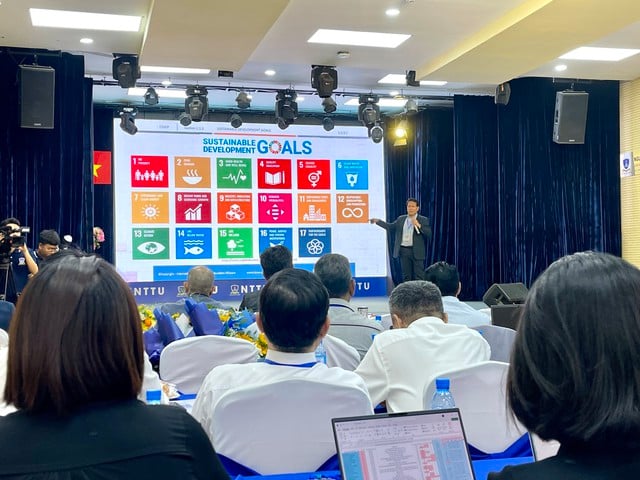
Prof. Dr. Premkumar Rajagopal, President of Malaysia University of Science and Technology, shared at the conference
PHOTO: MY QUYEN
“By leveraging AI-generated insights, businesses can increase transparency, reduce waste, optimize logistics, and accelerate the transition to a circular economy , thereby ensuring their ability to adapt and remain competitive in a rapidly changing business environment.
Professor David Ngo also told an interesting story about the application of AI in education . The story was about the recruitment process of some universities that he knew. Accordingly, some members of the recruitment board secretly used AI to rank candidate profiles without informing the other members. As a result, the AI rankings did not match the council's assessment.
"This raises an important question: Why did the AI's choices not match human judgment? Was it because the AI was not smart enough? The answer is no. In fact, the senior council member who proposed using AI did not agree with the AI's results. So was the council inexperienced? Absolutely not. They were professors and presidents from top universities," said Mr. David Ngo.
"So what is the real reason? The answer is very simple: AI can only evaluate what is on paper. Meanwhile, the board evaluates more deeply. They look at how the candidate expresses himself, his presence, empathy, confidence, and demeanor during the interview," said Professor David Ngo.
According to this professor, AI is indeed making a significant impact, and universities are also adapting by collaborating with AI to support decision-making.
“For example, lecturers often have to publish a lot of research papers, and now we encourage both students and lecturers to use AI to support their communication. However, it is important that they thoroughly check any AI-generated content. Our policy is very clear: you can use any AI tool, but you must verify all information and take final responsibility for the decisions,” said the AI professor.
It is known that at the Malaysia University of Science and Technology, AI is widely accepted in the academic community, from students, lecturers to professors are using it. At the same time, other universities in Malaysia are also building new policies to both control and support the responsible use of AI.
"If I were young, I would spend every minute learning about artificial intelligence"
Sharing about how AI is affecting young people, especially in terms of job opportunities, Professor David Ngo shared: "In Malaysia, AI is expected to affect 30% of jobs in the next few years. Globally, this figure is 40%. Young people are learning very quickly. They are starting to realize the power of AI and are using it to support their career development. Whether it is in decision-making, design, writing or communication, AI is becoming their everyday tool. In my experience, young people can, and should, do much more with AI."
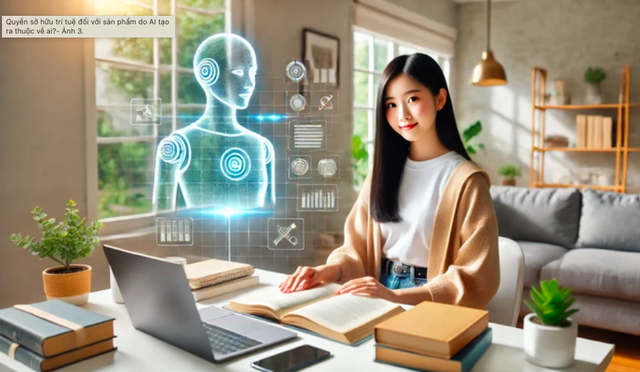
Those who can leverage artificial intelligence tools will shape the future of work.
PHOTO: CHATGPT
Mr. David Ngo wants to send a message: Young people need to embrace AI at all levels, ready to enter the labor market, where AI is not a threat, but a powerful assistant.
Regarding the question of whether AI can replace humans, Professor David Ngo affirmed that AI does not replace humans. But those who know how to use AI will replace those who do not.
"We have seen this in practice. For example, DBS Bank in Singapore is cutting 4,000 contract workers, but at the same time, they are also retraining and upgrading AI skills for permanent employees. This is the future of the labor market. So young people need to be ready to enter a working environment where AI is not a threat, but a powerful assistant. They need to be trained to not only use AI but also exploit it intelligently to enhance their roles and capabilities."
Professor David Ngo gave an example from Mark Cuban, a famous American businessman, to see how important AI is, when this businessman once said: "If I were 16, 18, 20 or 21 years old, I would spend every minute learning about AI. Even when I sleep, I would listen to podcasts about it."
"Clearly, we need to adapt, need to accept AI, and most importantly, need to lead with technology. You don't need to be a programmer, but you need to understand the potential of AI and go along with its development. Those who can take advantage of these tools will be the ones to shape the future of work," said Mr. David Ngo.
Source: https://thanhnien.vn/giao-su-ai-chi-ra-mau-thuan-giua-tri-tue-nhan-tao-voi-con-nguoi-185250530160833983.htm




![[Photo] 60th Anniversary of the Founding of the Vietnam Association of Photographic Artists](/_next/image?url=https%3A%2F%2Fvphoto.vietnam.vn%2Fthumb%2F1200x675%2Fvietnam%2Fresource%2FIMAGE%2F2025%2F12%2F05%2F1764935864512_a1-bnd-0841-9740-jpg.webp&w=3840&q=75)
![[Photo] National Assembly Chairman Tran Thanh Man attends the VinFuture 2025 Award Ceremony](/_next/image?url=https%3A%2F%2Fvphoto.vietnam.vn%2Fthumb%2F1200x675%2Fvietnam%2Fresource%2FIMAGE%2F2025%2F12%2F05%2F1764951162416_2628509768338816493-6995-jpg.webp&w=3840&q=75)


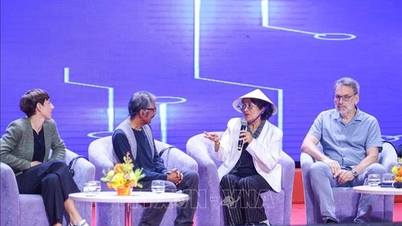

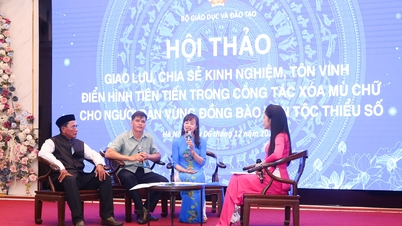

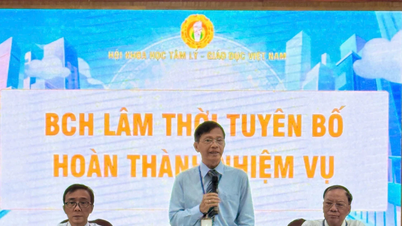

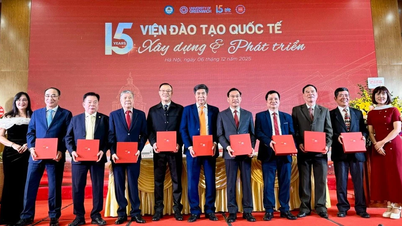
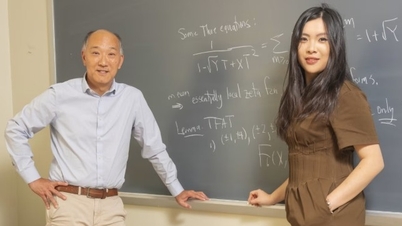

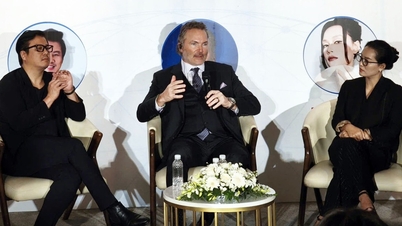






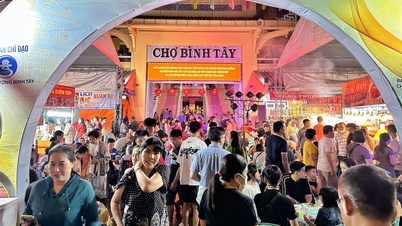

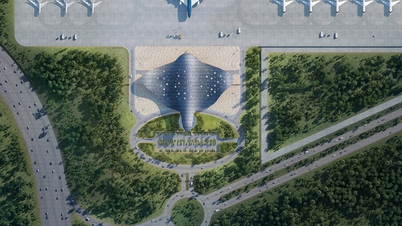
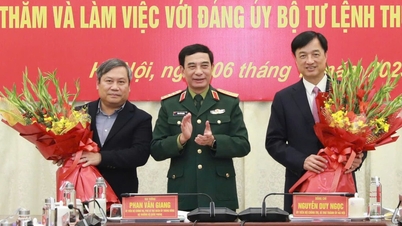
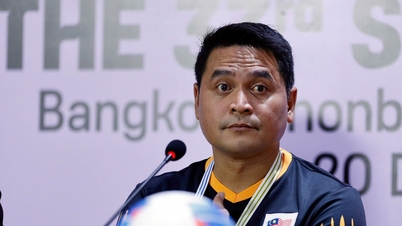














































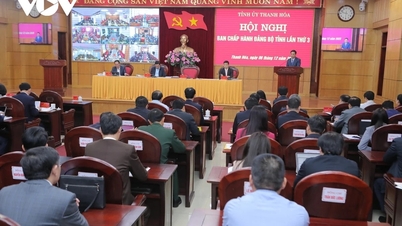
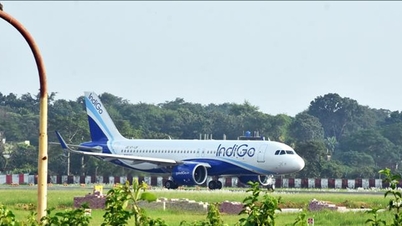

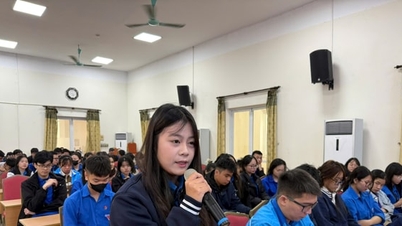

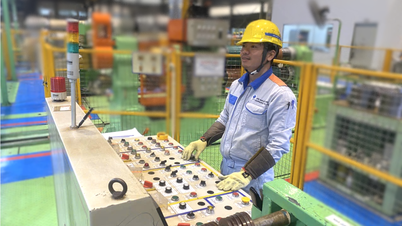

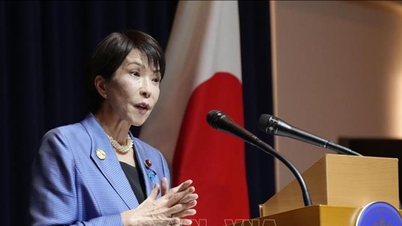
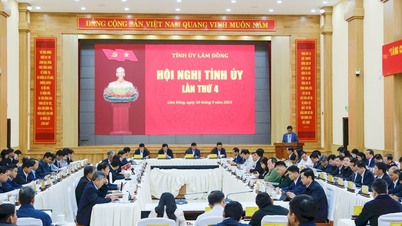
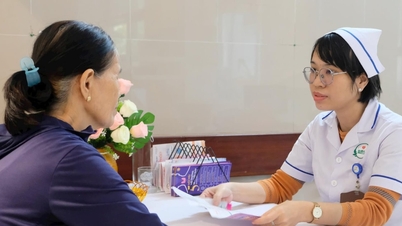

















Comment (0)